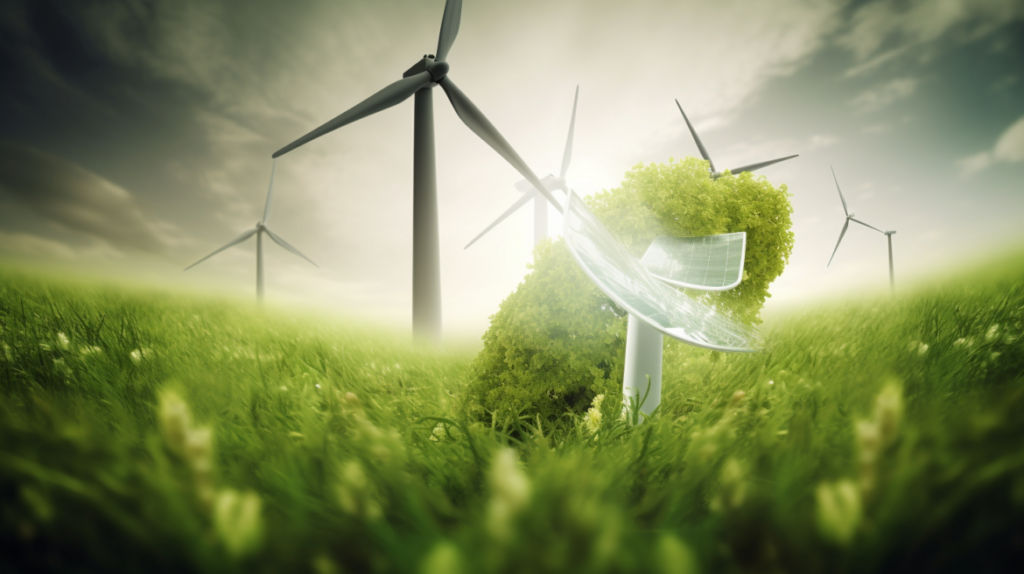
Natural gas has emerged as a significant player in the global energy market, and Equatorial Guinea is no exception. The small West African nation, known for its rich oil reserves, has been steadily increasing its natural gas production in recent years. This development has not only contributed to the country’s economic growth but also positioned Equatorial Guinea as a key player in the global natural gas market. As the world shifts towards cleaner energy sources, the role of natural gas in Equatorial Guinea’s energy market is set to become even more crucial.
The discovery of substantial natural gas reserves in Equatorial Guinea dates back to the 1990s, with the Alba and Zafiro fields being the most prominent. Since then, the country has been making strides in developing its natural gas sector, attracting significant investments from international oil and gas companies. In 2007, Equatorial Guinea became the third African country to export liquefied natural gas (LNG), after Algeria and Nigeria. The establishment of the Punta Europa LNG plant, operated by Marathon Oil, marked a major milestone in the country’s natural gas industry.
Equatorial Guinea’s natural gas reserves are estimated to be around 4.5 trillion cubic feet (Tcf), with the potential for further discoveries. The government has been actively promoting the exploration and development of these resources, offering attractive fiscal terms and incentives to foreign investors. In recent years, several international oil and gas companies have entered the Equatorial Guinean market, including Noble Energy, Ophir Energy, and Kosmos Energy. These companies have been involved in various exploration and production projects, contributing to the growth of the country’s natural gas sector.
The impact of natural gas on Equatorial Guinea’s energy market is multifaceted. Firstly, it has contributed to the diversification of the country’s energy mix, reducing its reliance on oil. As global oil prices have become increasingly volatile, the development of the natural gas sector has provided a much-needed buffer for the economy. Additionally, natural gas is a cleaner-burning fuel compared to oil, which has environmental benefits. As countries around the world seek to reduce their carbon emissions, the demand for natural gas is expected to grow, providing Equatorial Guinea with a valuable export commodity.
Secondly, natural gas has played a key role in the country’s power generation. Equatorial Guinea has been investing in gas-fired power plants, which are more efficient and environmentally friendly than oil-fired plants. The use of natural gas for power generation has helped to improve the country’s electricity supply, which has been a longstanding challenge. Furthermore, the government has plans to develop a regional gas megahub, which would connect Equatorial Guinea’s gas infrastructure with that of neighboring countries. This project has the potential to transform the regional energy landscape, promoting greater energy security and integration.
Lastly, the development of the natural gas sector has had significant socio-economic benefits for Equatorial Guinea. The industry has created jobs, both directly and indirectly, and has generated revenues for the government through taxes and royalties. These funds have been used to finance various development projects, including infrastructure, education, and healthcare. Moreover, the growth of the natural gas sector has attracted foreign investment, which has been essential for the country’s economic diversification efforts.
In conclusion, natural gas has had a profound impact on Equatorial Guinea’s energy market, driving economic growth, diversification, and environmental sustainability. As the world continues to transition towards cleaner energy sources, the role of natural gas in Equatorial Guinea’s energy market is set to become even more important. By capitalizing on its natural gas resources, the country can position itself as a key player in the global energy market, while also fostering sustainable development at home.
SOURCE:https://www.energyportal.eu/
